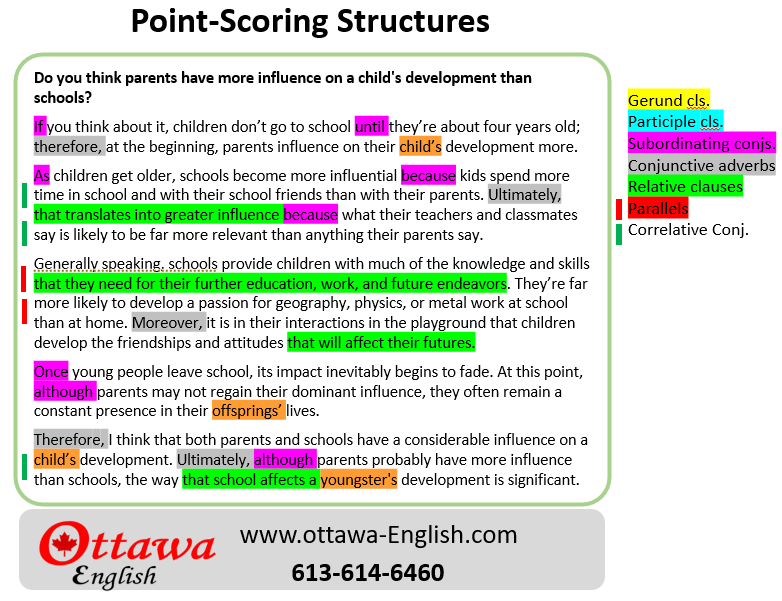IELTS Speaking Test Part 3
IELTS Speaking Test Sample Answer
This is quite a contentious subject, but my feeling is that we have to take the beliefs of the time, when those events occurred, into consideration before making a decision about whether to celebrate or condemn the historical figures for the things they did.
If we don’t do that, we risk losing much our history because no-one will ever ask, “Who in the world was he?” In Canada, there’s a move to rename several places that carry the names of historical figures. For example, Dundas Street. The guy that the street’s named after was a seriously controversial chap who played quite a big role in the slave trade both bringing slaves back to the UK and working them to death to produce highly profitable sugar.
Therefore, the name Dundas represents a part of our history. Even though it’s not a part of our history that we’re proud of, it is still part of our heritage. My fear is that if we rename all these places with anything less distinctive, we risk leaving a void that someone else will fill. Suddenly, we’ll be covered in Darjeeling streets, cumin roads, and daisy crescent, etc.
It’s not a bad thing to have reminders around us that we’re not all goody two-shoes. The good, the bad, and the ugly is what made this country what it is and, hopefully serves as a reminder that we need to do better.
If you would like me to score your response to any IELTS Speaking task, please record it and send it to me angela@ottawa-english.com
If you think about it, children don’t go to school until they’re about four years old; therefore, at the beginning, parents influence on their child’s development more.
As children get older, schools become more influential because kids spend more time in school and with their school friends than with their parents. Ultimately, that translates into greater influence because what their teachers and classmates say is likely to be far more relevant than anything their parents say.
Generally speaking, schools provide children with much of the knowledge and skills that they need for their further education, work, and future endeavors. They’re far more likely to develop a passion for geography, physics, or metal work at school than at home. Moreover, it is in their interactions in the playground that children develop the friendships and attitudes that will affect their futures.
Once young people leave school, its impact inevitably begins to fade. At this point, although parents may not regain their dominant influence, they often remain a constant presence in their offsprings’ lives.
Therefore, I think that both parents and schools have a considerable influence on a child’s development. Ultimately, although parents probably have more influence than schools, the way that school affects a youngster’s development is significant.


